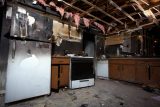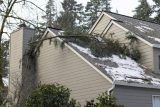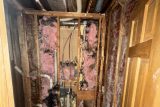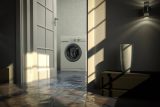Smoke Damage and HVAC Systems: Cleaning and Maintenance Tips
Homeowners
5 months ago
After a fire or any sort of smoke damage, it’s not uncommon for your HVAC system to be clogged. Whether or not your home suffers significant damage, it’s important to know how to maintain and clean your HVAC system. Let’s look at some best practices when it comes to dealing with smoke damage and cleaning and maintaining your HVAC system regularly.
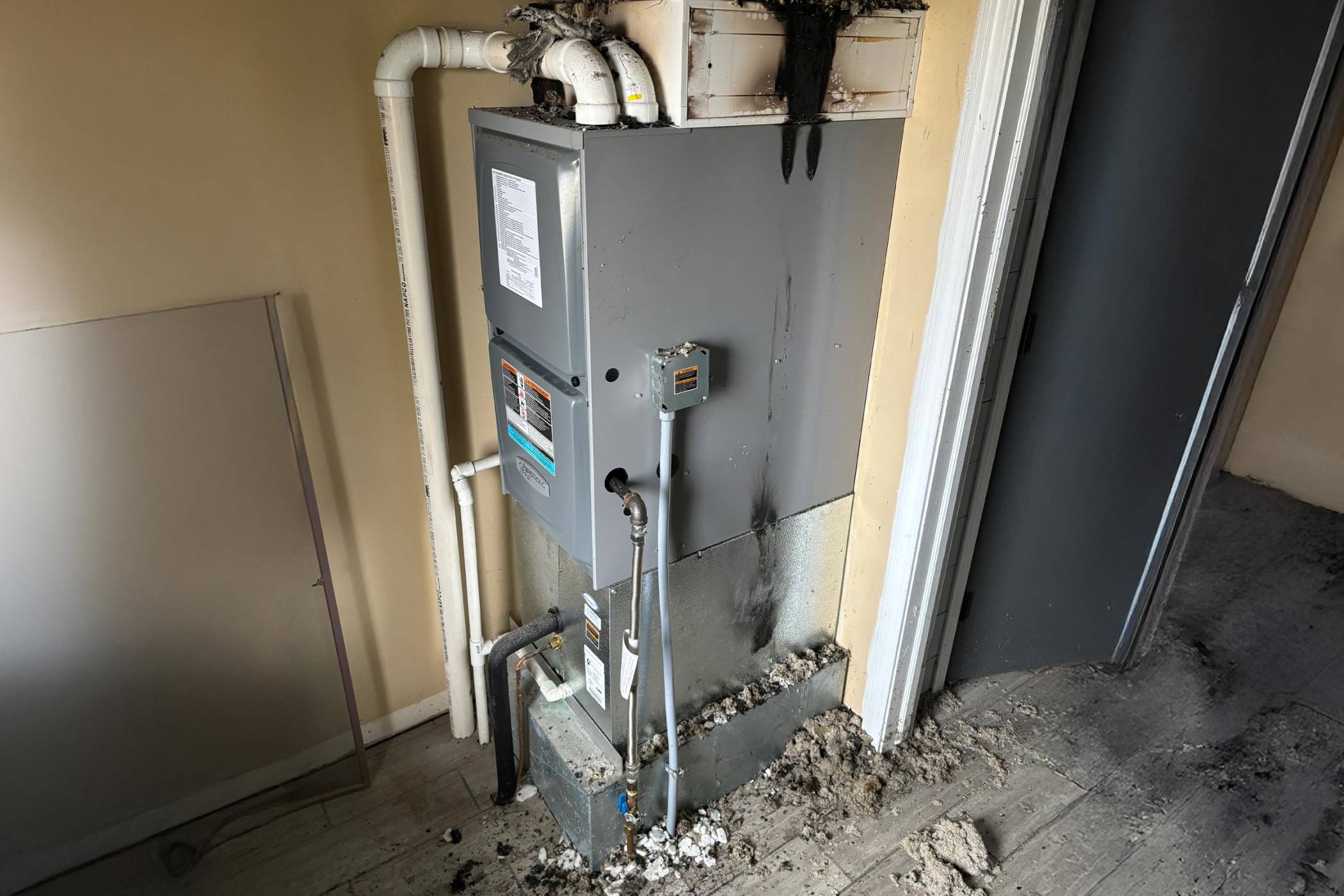
Don’t want to deal with the hassle of cleaning your HVAC system? Leave it to Lake City Restoration! Call our emergency hotline anytime 24/7 for immediate assistance if you need help right away.
Post-Smoke Damage HVAC Cleaning
When fire damage occurs, soot and debris can easily enter small spaces, including your HVAC system. With that said, you may need professional help to first inspect your system. The restoration experts will then remove solid and particulate matter from your HVAC system.
Next, damage restoration experts will thoroughly clean the ductwork and remove any smoke and soot damage left behind. They’ll use high-pressure air, cleaning sprays, and HEPA-filtered vacuum cleaning systems to clean everything from your air handler, condenser, and any other components of your HVAC system that have been damaged.
Once all the smoke and debris are removed, there will likely be a lingering smoky or burning smell. The best way to deal with this is through oxidation. This requires the use of either an ozone generator or chlorine dioxide (ClO2).
HVAC Maintenance
According to the Environmental Protection Agency (EPA), indoor air can be 2 to 5 times more polluted than outdoor air. This is due to your home’s HVAC system.
It’s recommended that this system be checked at least once per year by a professional. With that being said, there are a variety of ways you can keep up with the maintenance of this system on your own.
Change The Filters
Since your air filters remove dust and other particles from the air, you can improve the air quality in your home by changing them every month. Installing clean air filters regularly allows for more air to pass through and for the system to heat and cool air more efficiently.
Keep The Outside Unit Clean
The HVAC unit outside often becomes a collection hub for leaves, grass, and other debris over time as wind and weather occur. Anytime you’re out doing yard work, it’s good to remove any loose debris around the unit and rinse the unit down. This allows for better and overall cleaner airflow.
Use A Smart Thermostat
A smart thermostat allows your home’s temperature to automatically adjust for optimal performance. It can also be set to turn off while you’re sleeping or away from home to give the system time to rest. This allows the system to use less power and ultimately last longer.
Seal Your Ducts
In most homes, 20 to 30 percent of air that’s pushed through the duct system is lost to leaks and holes. This results in the HVAC system working harder to distribute air throughout the home, running it down more quickly than normal. To avoid this, consider having your ducts sealed by professionals or even taking it upon yourself to seal the ducts on your own.
Contact Lake City Restoration For HVAC Help
Whether you’ve suffered a devastating fire or a flood has destroyed your HVAC system, Lake City Restoration can help. We have the expertise and advanced equipment to restore your HVAC system safely when it’s been damaged.
Our services include water damage cleanup, fire damage restoration, storm damage repair, and other necessary restoration services.
If you have questions about how the restoration process works or what might work best for your home, give us a call today. Our restoration specialists are available 24/7!

